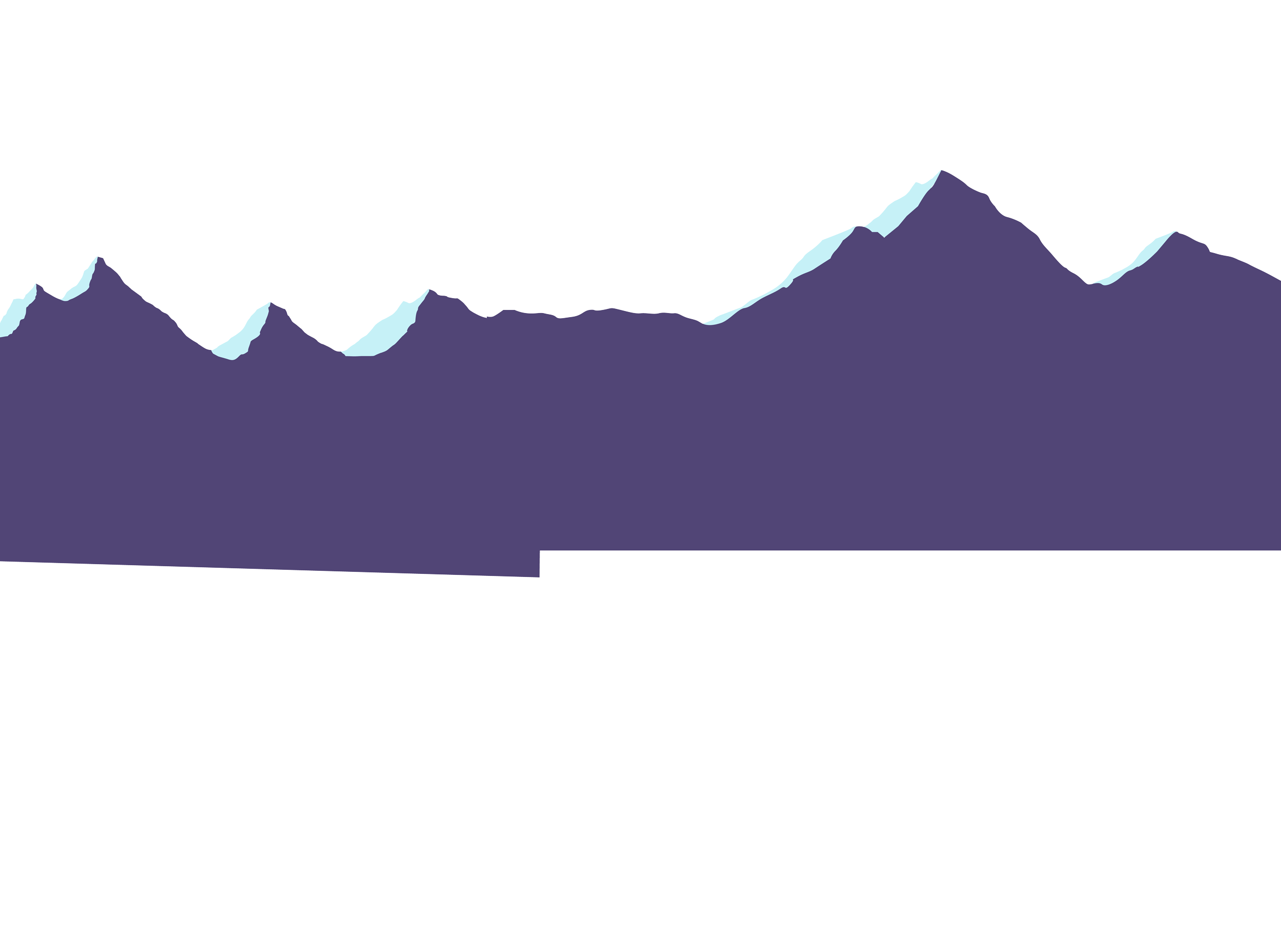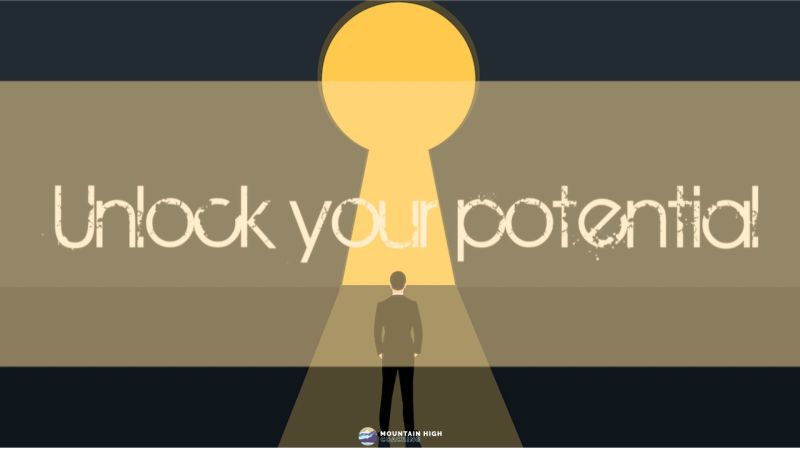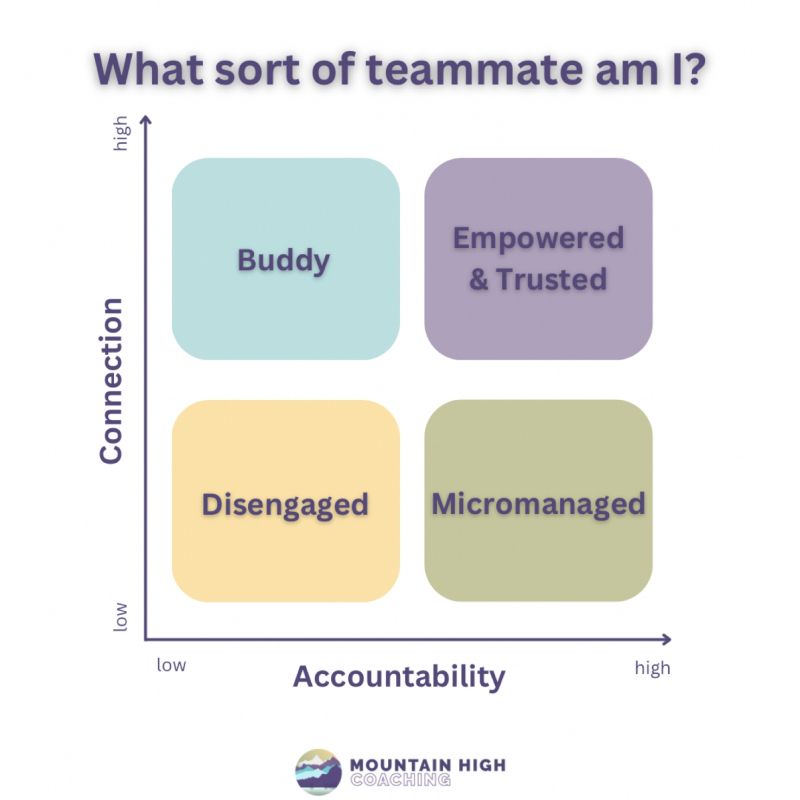When was the last time you learned something new, and thought “wow, now I know that I can do this”, or “that’s so interesting, I want to know more”, or even “now I know that, I can teach my colleague…”?
Everyone is born with potential, with curiosity, with the capacity to learn. It’s what we do with it that matters.
And, it’s the environment we’re in that impacts our willingness and enthusiasm for learning. It can fire it up, or crush it.
If you’re in a school classroom where asking questions isn’t encouraged or you’re ridiculed for not knowing, you’ll likely carry that shame into your adulthood and it will affect your willingness to ask questions.
If you’re at work and ask for help, and that gets rudely and scornfully rejected, you probably won’t stick your neck out again, or you’ll at least be extremely cautious before you do.
Our ability to be curious, determined, resilient, and creative is not something anyone else has the right to make us feel ashamed or inadequate about.
Valuable human capital is everything. We are not commodities. We are not robots.
We need to know that an environment is safe to learn in, and that failing is a welcomed part of the process. We need to be able to question, debate, take things apart, try something new. To broaden our knowledge and practice new skills.
It takes time. And so space is needed for this to happen.
It’s important to remember that organisations are systems of production AND systems of learning, especially in today’s relentless and hyper-competitive world.
If the work environment is constantly yelling about deadlines, or doesn’t provide clear paths for career progression and ensures people are on them, actively gaining experience and working their way through the ranks, or keeps heaping more and more work on top of already overwhelmed people, don’t be stunned when your talent and any competitive advantage you used to have starts to head for the exit.
A culture like that can be turned around. You just need to want to.
Start by being nurturing, supportive and generous when it comes to learning and teaching, of yourself and others.
Create space and time for people to learn.
Recognise and reward people’s effort to learn and grow.
Be grateful for mistakes – it’s an indication experimenting, prototyping and piloting – learning! – is at work.
If you can’t, or won’t, be or do that, please step aside.
If you want to learn and grow and discover your potential, and someone is in your way, find a way round, through or over them.
Do not give them, or the environment they create, the power to rob you of your potential.
Lead yourself to where you need to be.
I wish you plenty of trying, failing, learning and growing as you move forward on your journey of realising your potential.









